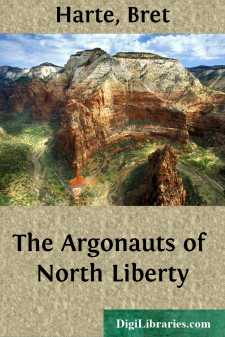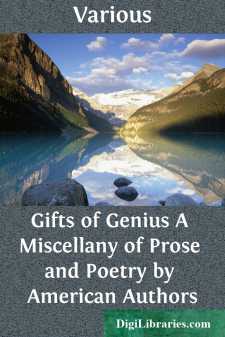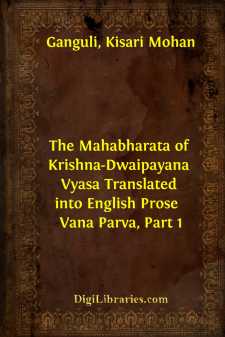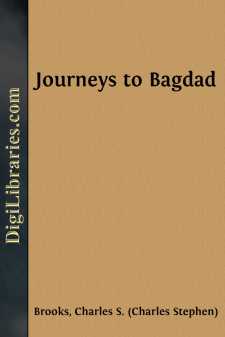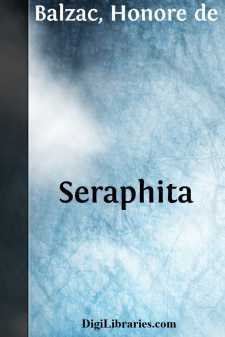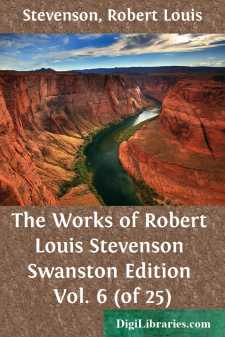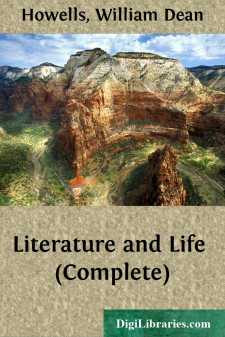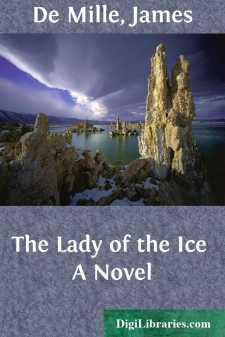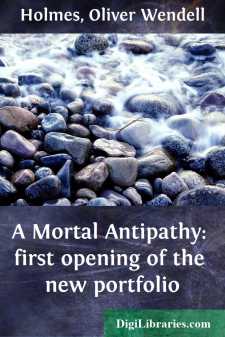Literary Collections
- American 84
- Ancient, Classical & Medieval 14
- Asian 1
- Australian & Oceanian 1
- Canadian 55
- Continental European 121
- English, Irish, Scottish, Welsh 179
- Essays 160
- General 24
- Letters 46
- Middle Eastern 1
Literary Collections Books
Sort by:
by:
Bret Harte
CHAPTER I The bell of the North Liberty Second Presbyterian Church had just ceased ringing. North Liberty, Connecticut, never on any day a cheerful town, was always bleaker and more cheerless on the seventh, when the Sabbath sun, after vainly trying to coax a smile of reciprocal kindliness from the drawn curtains and half-closed shutters of the austere dwellings and the equally sealed and hard-set...
more...
by:
Various
INTRODUCTORY. This volume speaks so well for itself that it does not need many words of preface to commend it to a wide circle of readers. Its rich and varied contents, however, become far more interesting when interpreted by the motive that won them from their authors; and when the kindly feeling that offered them so freely is known, these gifts, like the pearls of a rosary, will be prized not only...
more...
SECTION I (Pandava-Pravesa Parva) OM! Having bowed down to Narayana, and Nara, the most exalted of male beings, and also to the goddess Saraswati, must the word Jaya be uttered. Janamejaya said, "How did my great-grandfathers, afflicted with the fear of Duryodhana, pass their days undiscovered in the city of Virata? And, O Brahman, how did the highly blessed Draupadi, stricken with woe, devoted to...
more...
SECTION I (Aranyaka Parva) Om! Having bowed down to Narayana, and Nara the foremost of male beings, and the goddess Saraswati also, must the word Jaya be uttered. Janamejaya said, "O thou foremost of regenerate ones, deceitfully defeated at dice by the sons of Dhritarashtra and their counsellors, incensed by those wicked ones that thus brought about a fierce animosity, and addressed in language...
more...
Are you of that elect who, at certain seasons of the year—perhaps in March when there is timid promise of the spring or in the days of October when there are winds across the earth and gorgeous panic of fallen leaves—are you of that elect who, on such occasion or any occasion else, feel stirrings in you to be quit of whatever prosy work is yours, to throw down your book or ledger, or your measuring...
more...
by:
Honore de Balzac
CHAPTER I. SERAPHITUS As the eye glances over a map of the coasts of Norway, can the imagination fail to marvel at their fantastic indentations and serrated edges, like a granite lace, against which the surges of the North Sea roar incessantly? Who has not dreamed of the majestic sights to be seen on those beachless shores, of that multitude of creeks and inlets and little bays, no two of them alike,...
more...
CHAPTER I THE OLD SEA-DOG AT THE “ADMIRAL BENBOW” Squire Trelawney, Dr. Livesey, and the rest of these gentlemen, having asked me to write down the whole particulars about Treasure Island, from the beginning to the end, keeping nothing back but the bearings of the island, and that only because there is still treasure not yet lifted, I take up my pen in the year of grace 17—, and go back to the...
more...
Perhaps the reader may not feel in these papers that inner solidarity which the writer is conscious of; and it is in this doubt that the writer wishes to offer a word of explanation. He owns, as he must, that they have every appearance of a group of desultory sketches and essays, without palpable relation to one another, or superficial allegiance to any central motive. Yet he ventures to hope that the...
more...
by:
James De Mille
CHAPTER I. CONSISTING MERELY OF INTRODUCTORY MATTER. This is a story of Quebec. Quebec is a wonderful city. I am given to understand that the ridge on which the city is built is Laurentian; and the river that flows past it is the same. On this (not the river, you know) are strata of schist, shale, old red sand-stone, trap, granite, clay, and mud. The upper stratum is ligneous, and is found to be very...
more...
INTRODUCTION. "And why the New Portfolio, I would ask?" Pray, do you remember, when there was an accession to the nursery in which you have a special interest, whether the new-comer was commonly spoken of as a baby? Was it not, on the contrary, invariably, under all conditions, in all companies, by the whole household, spoken of as the baby? And was the small receptacle provided for it commonly...
more...


